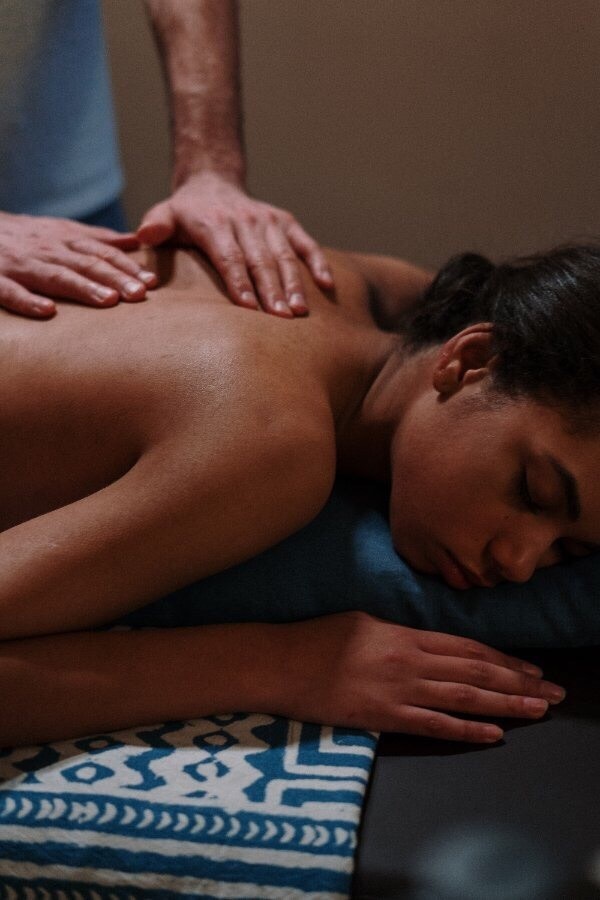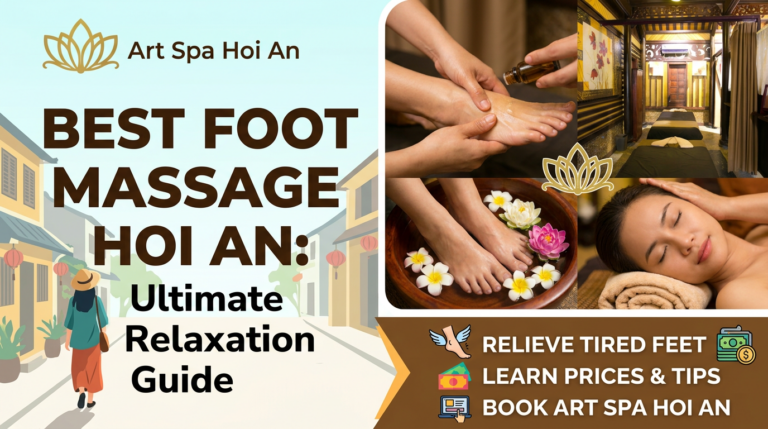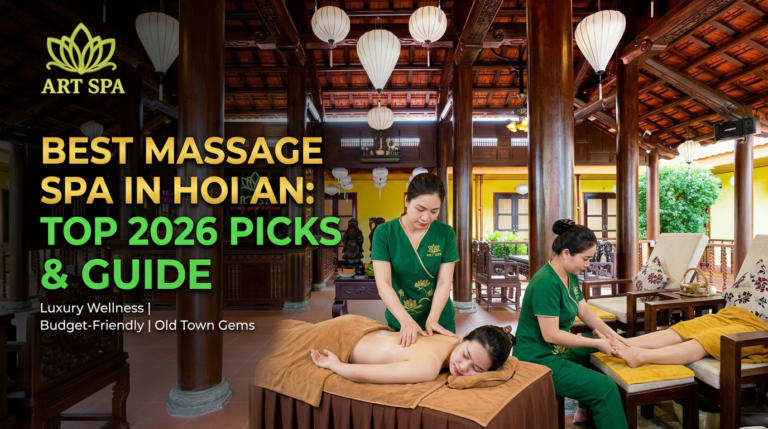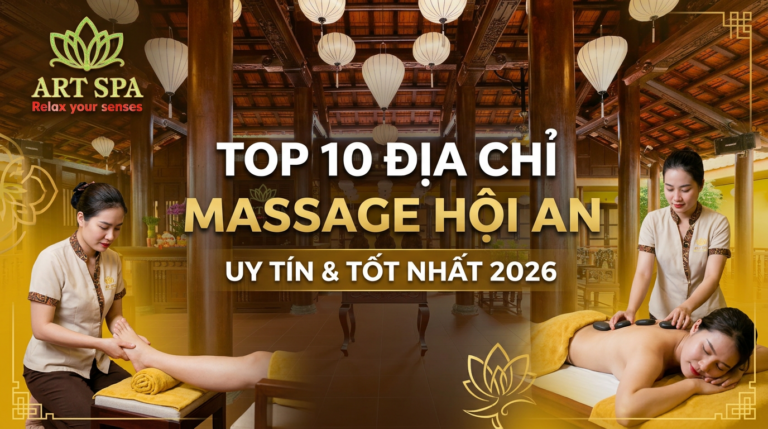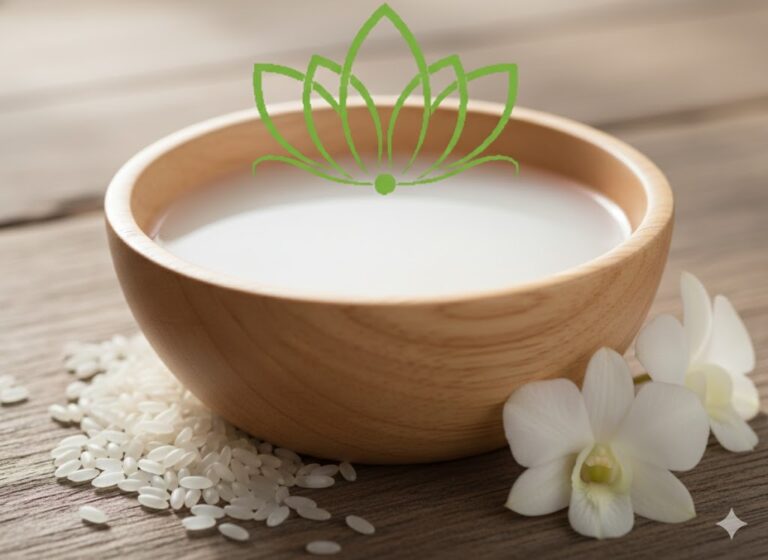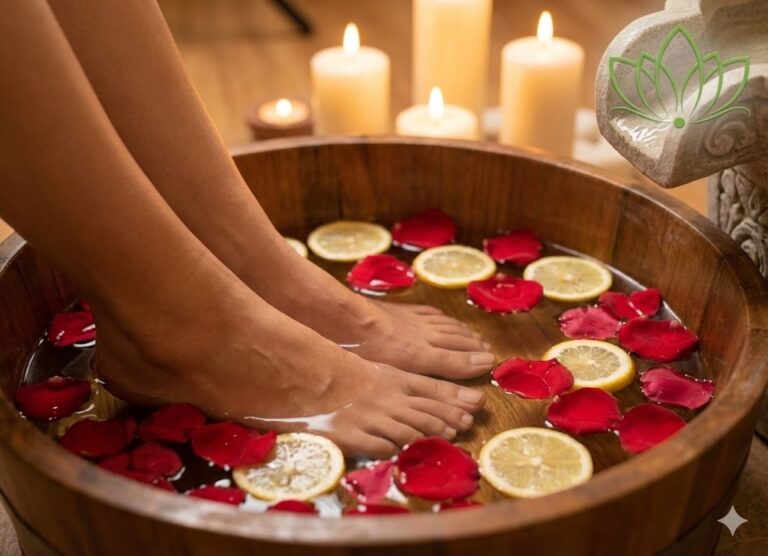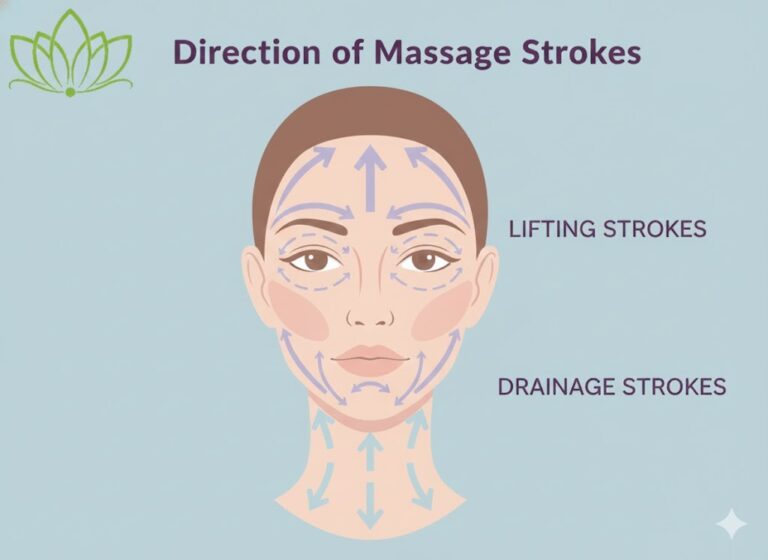Herbal Bath Soaking for Post-Workout Recovery is a time-honored wellness practice that blends the healing properties of natural herbs with the soothing comfort of warm water. This powerful combination is ideal for athletes, fitness enthusiasts, or anyone experiencing muscle fatigue after intense physical activity. Beyond its immediate physical benefits, it also offers mental relaxation, helping you feel rejuvenated both inside and out.
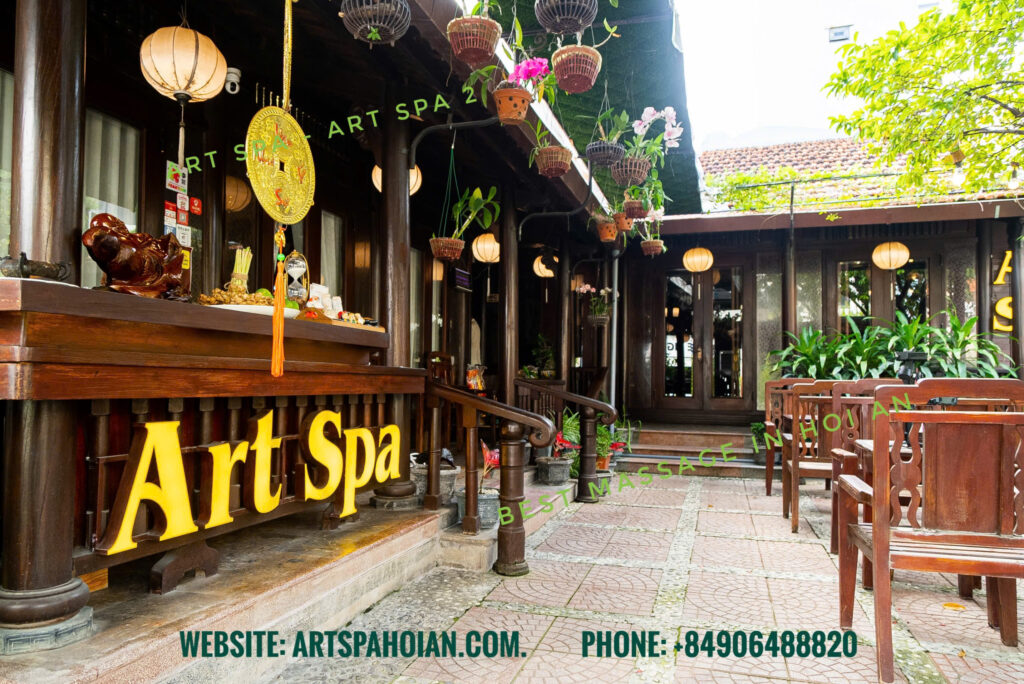
1. Why Herbal Baths Are Perfect After Exercise
After a challenging workout, your muscles are in a state of mild inflammation. Lactic acid buildup, microtears in muscle fibers, and tension in connective tissues can cause soreness. A herbal bath soak works in three key ways:
- Muscle relaxation – The warmth of the water promotes blood flow, speeding up nutrient delivery and waste removal.
- Anti-inflammatory action – Many herbs, like ginger, lemongrass, and chamomile, contain natural compounds that reduce swelling and discomfort.
- Stress relief – The aroma of certain herbs calms the nervous system, reducing post-exercise anxiety or restlessness.
2. Popular Herbs for Recovery Baths
Each herb has its own unique benefits, and you can combine them for a personalized recovery experience.
| Herb | Primary Benefit | Best For |
|---|---|---|
| Lemongrass | Reduces muscle stiffness | Runners, cyclists |
| Ginger | Improves circulation | Cold-weather workouts |
| Chamomile | Calms nerves and reduces stress | Yoga, Pilates, stretching sessions |
| Rosemary | Eases joint pain | Strength training, heavy lifting |
| Eucalyptus | Opens airways, boosts breathing | Cardio-intensive exercises |
3. The Science Behind Herbal Bath Recovery
Research shows that immersion in warm water (37–39°C) after exercise helps reduce delayed onset muscle soreness (DOMS). The addition of medicinal herbs amplifies these benefits:
- Ginger contains gingerol, an anti-inflammatory compound.
- Chamomile has apigenin, which binds to brain receptors promoting relaxation.
- Eucalyptus releases cineole vapors that aid respiratory health and mental clarity.
When combined, these herbs work synergistically to help your body recover faster and more effectively.
4. How to Prepare the Perfect Herbal Bath at Home
You don’t need to visit a luxury spa to enjoy this ritual—though Art Spa offers an exceptional experience. At home, follow these steps:
- Choose your herbs – Fresh or dried.
- Boil and steep – Simmer herbs for 10–15 minutes to release their essential oils.
- Strain and pour – Add the herbal infusion to your bathtub filled with warm water.
- Soak mindfully – Spend 20–30 minutes in the bath, focusing on deep breathing.
- Hydrate after – Drink water or herbal tea to replenish fluids lost during sweating.
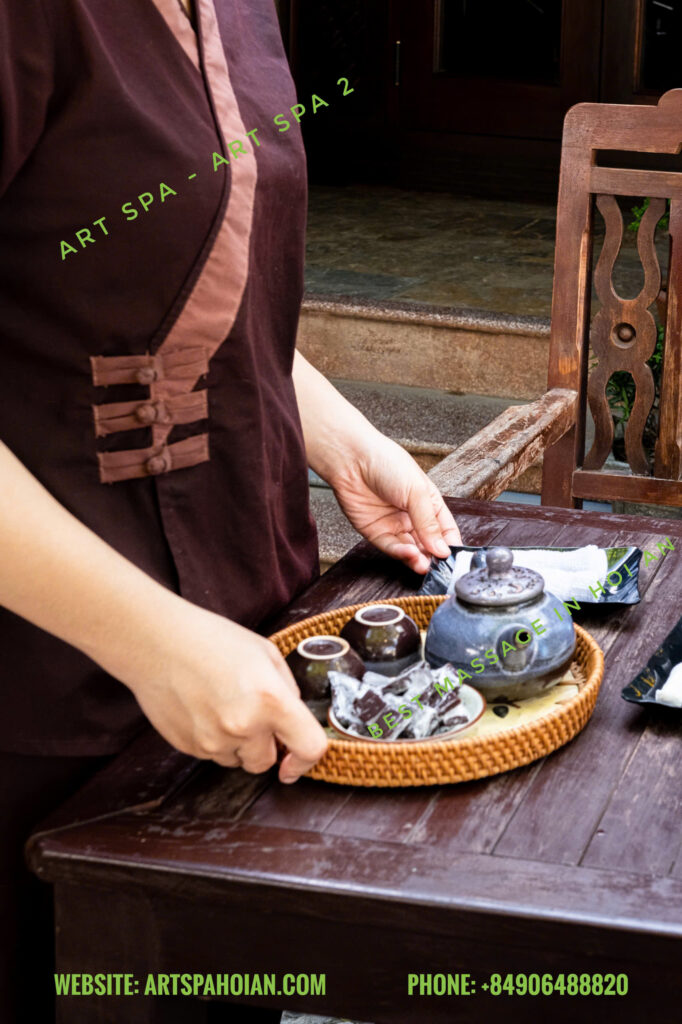
5. Benefits Beyond Muscle Recovery
A post-workout herbal soak doesn’t just help muscles—it benefits your whole body:
- Improved circulation – Warmth dilates blood vessels.
- Skin nourishment – Herbs like chamomile and rosemary have antioxidants.
- Better sleep – The calming effect promotes deeper rest.
- Reduced joint stiffness – Especially beneficial for people with arthritis or chronic pain.
6. Why Choose a Spa Experience
While home baths are great, a professional herbal soak at a spa like Art Spa offers:
- Custom herbal blends tailored to your workout intensity.
- Therapeutic massage add-ons for maximum recovery.
- Ambient environment with music, aromatherapy, and low lighting.
- Expert guidance on herb selection for your health needs.
Conclusion
Herbal Bath Soaking for Post-Workout Recovery is a gentle yet powerful way to speed up muscle healing, reduce soreness, and promote overall well-being. Whether you enjoy it in your own home or at a high-quality wellness center like Art Spa, this ritual can become an essential part of your fitness lifestyle.
Contact Information:
Art Spa
Our Branches
Art Spa 1 – 37 Nguyen Phuc Tan St., Hoi An, Quang Nam
Art Spa 2 – 37/6 Le Quy Don St., Hoi An, Quang Nam
Email: artspahoian@gmail.com
Hotline: 0906 488 820
Website: Artspahoian.com
Opening hours: 10 AM – 10 PM
